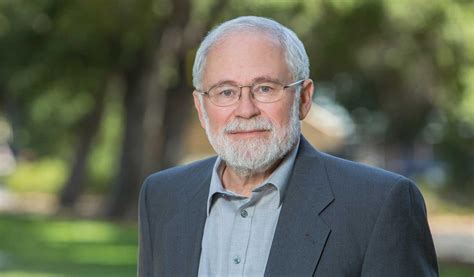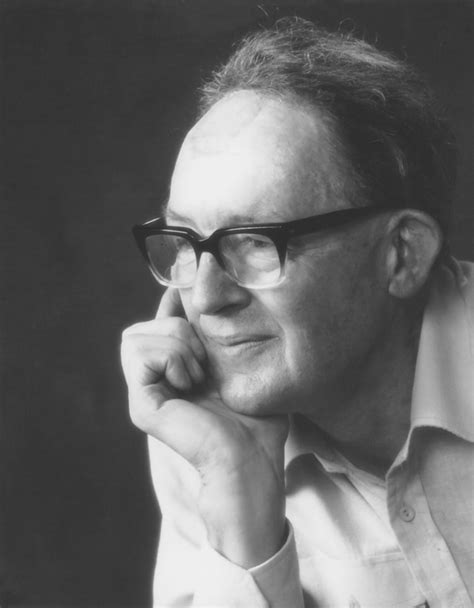A Quote by Richard Crossman
One of the difficulties of politics is that politicians are shocked by those who are really prepared to let their thinking reach any conclusion. Political thinking consists in deciding upon the conclusion first and then finding good arguments for it. An open mind is considered irresponsible- and perhaps it really is.
Related Quotes
I went into politics thinking that, if I made arguments in good faith, I'd get a hearing. It's a reasonable assumption, but it's wrong. In five and a half years in politics up north, no one really bothered to criticize my ideas, such as they were. It was never my message that was the issue. It was always the messenger.
There are two modes of acquiring knowledge, namely by reasoning and experience. Reasoning draws a conclusion and makes us grant the conclusion, but does not make the conclusion certain, nor does it remove doubt so that the mind may rest on the intuition of truth, unless the mind discovers it by the path of experience.
The terminology of philosophical art is coercive: arguments are powerful and best when they are knockdown, arguments force you to a conclusion, if you believe the premisses you have to or must believe the conclusion, some arguments do not carry much punch, and so forth. A philosophical argument is an attempt to get someone to believe something, whether he wants to beleive it or not. A successful philosophical argument, a strong argument, forces someone to a belief.
I have a guy friend who said to me, "Hey, you know it's strange, feminism is cool now." I think now people understand that being a feminist means everyone should be equal. What really shocked me was being in America during the Republican primaries. I haven't been exposed to that kind of thinking. I was so shocked that that kind of thinking exists in a modern world, and in a first-world country.

































